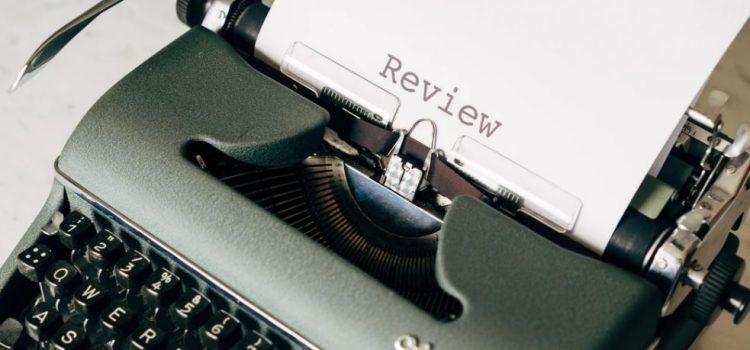What is the key determinant of success in life? Is it hard work? Genetics? Privilege? According to Malcolm Gladwell, success is impossible without the opportunity to become successful no matter how hard you work. Furthermore, Gladwell writes that people who get opportunities early in life have a huge advantage over those whose opportunities come later in life. Here’s why earlier opportunities are more impactful.
Malcolm Gladwell: Success Comes From Opportunity










